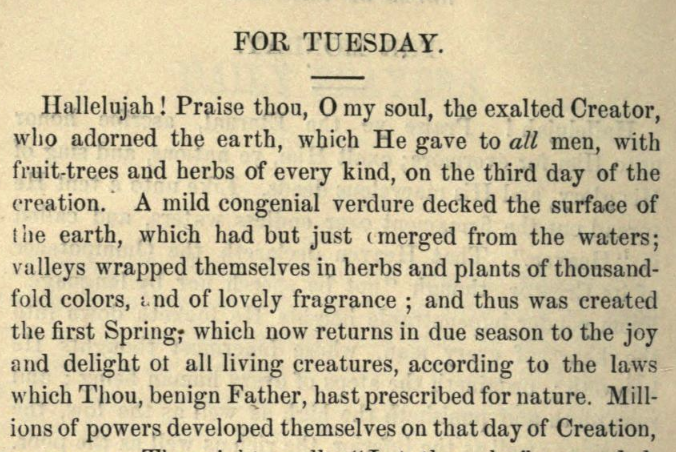| Contribute a translation | Source (English) |
|---|---|
Almighty! from love and compassion Thou madest a solemn and powerful covenant of grace, with Abraham and his descendants unto times everlasting by Thy precept of Circumcision. Mindful of this holy covenant I offer unto Thee this tender creature so dear unto me, that it may be received by the act of circumcision into the covenant of Thy grace and into the covenant of Israel. O Father, accept this offering graciously, and bless this new-born member of the world, with thy mercy; bless him with health and cheerfulness; strengthen his mental powers; render his heart sensible of Thy revealed law; bless him with love of truth and peace; bless him with humility and modesty; bless him with gentleness and compassion, with prudence and resignation. Plant in the tender soil of his breast hatred of evil, lest it entice him; shelter him against the temptations of sin. I also will watch him hourly with Thy divine aid, and strew words of kindness into his heart: in order that those most beautiful plants; “The fear of God and the love of man”[1] A surprising quote in this context, given we think it originates with John Calvin, Commentaries on the Catholic Epistles, on The First Epistle of Peter (ch. 2:17): “Fear God. I have already said that all these clauses are applied by Peter to the subject he was treating. For he means, that honour paid to kings proceeds from the fear of God and the love of man; and that, therefore, it ought to be connected with them, as though he had said, “Whosoever fears God, loves his brethren and the whole human race as he ought, and will also give honour to kings” (translated by Rev. John Owen, Calvin Translation Society, 1855). Also find, Albert Barnes on Matthew 5:20 in Notes on the Gospels: Principally Designed for the Use of Sunday School Teachers and Bible Classes, Volume 2 (Religious Tract Society 1799): “The righteousness that Jesus required in his kingdom was purity, peace, chastity, honesty, temperance, the fear of God, and the love of man. It is pure, internal, reaching the motives, and making the life holy.” Perhaps this quote was simply one that circulated widely among those literate in theological and religious studies. may germinate within him, and which he may cherish carefully, until Thou shalt reward him with the crown of everlasting life. Amen. |
Source(s)

Notes
| 1 | A surprising quote in this context, given we think it originates with John Calvin, Commentaries on the Catholic Epistles, on The First Epistle of Peter (ch. 2:17): “Fear God. I have already said that all these clauses are applied by Peter to the subject he was treating. For he means, that honour paid to kings proceeds from the fear of God and the love of man; and that, therefore, it ought to be connected with them, as though he had said, “Whosoever fears God, loves his brethren and the whole human race as he ought, and will also give honour to kings” (translated by Rev. John Owen, Calvin Translation Society, 1855). Also find, Albert Barnes on Matthew 5:20 in Notes on the Gospels: Principally Designed for the Use of Sunday School Teachers and Bible Classes, Volume 2 (Religious Tract Society 1799): “The righteousness that Jesus required in his kingdom was purity, peace, chastity, honesty, temperance, the fear of God, and the love of man. It is pure, internal, reaching the motives, and making the life holy.” Perhaps this quote was simply one that circulated widely among those literate in theological and religious studies. |
|---|

“Prayer on the Day of Circumcision, by Marcus Heinrich Bresslau (1852)” is shared through the Open Siddur Project with a Creative Commons Public Domain Dedication 1.0 Universal license.










Leave a Reply